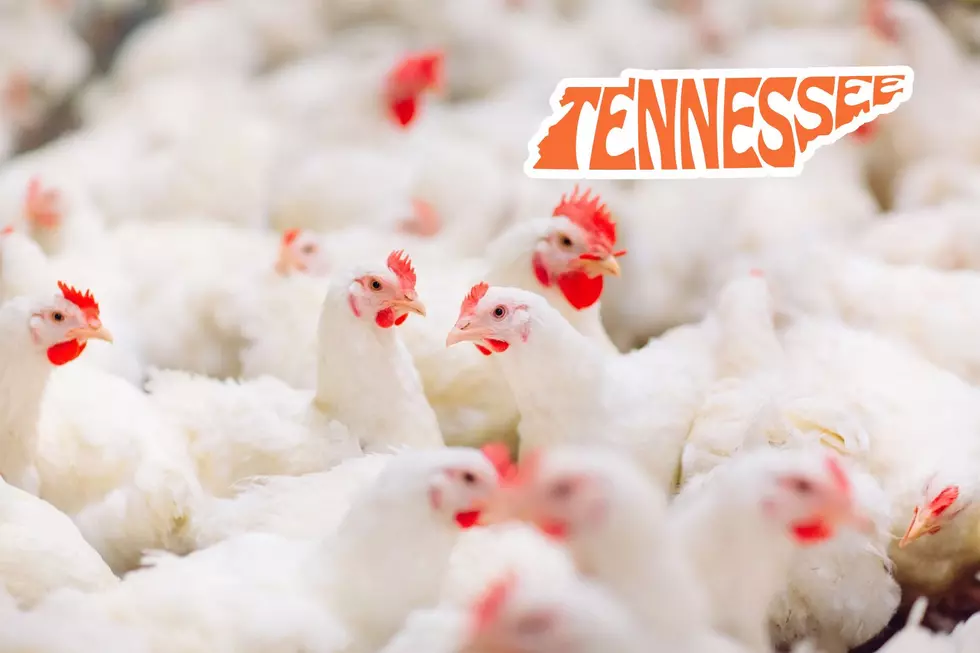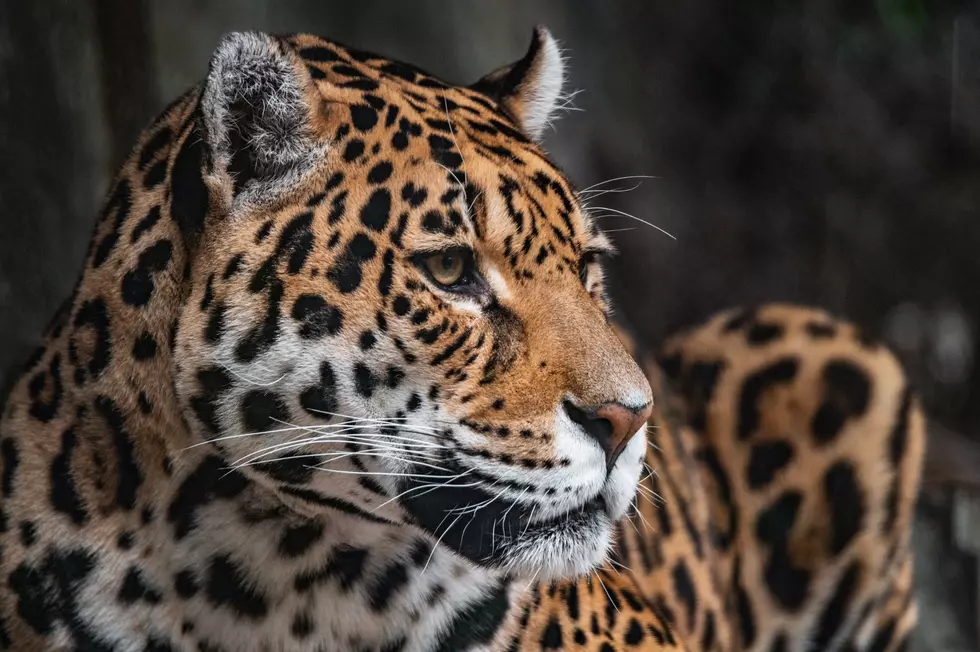
Southern Illinois Pelican Tests Positive for Avian Flu Prompts Indiana Zoo to Take Precautions
Mesker Park Zoo and Botanic Garden, located in Evansville, Indiana, is taking precautionary measures after they say that a positive case of Highly Pathogenic Avian Influenza was discovered in a wild bird located not far from the city.
What Is Highly Pathogenic Avian Influenza and Are Humans at Risk?
Highly Pathogenic Avian Influenza, or HPAI, is a type of Influenza virus that poses little threat to humans, according to the CDC. However rare, transmission to humans is possible under certain circumstances.
Direct infection can occur from exposure to saliva, mucous, or feces from infected birds. Bird flu infections among people are rare; however, human infections can happen when enough virus gets into a person’s eyes, nose, or mouth, or is inhaled. People with close or prolonged unprotected contact (not wearing respiratory and eye protection) with infected birds or places that sick birds or their mucous, saliva, or feces have contaminated, might be at greater risk of bird flu virus infection.

Wild Birds in Illinois, Indiana & Kentucky
The United States Department of Agriculture's Animal and Plant Health Inspection Service has been tracking positive cases of avian influenza across the country, including here in the Tri-state. It was a recent finding about 80 miles from Evansville, in Williamson County, Illinois, that they discovered a positive case of EA H5N1 in a wild American White Pelican, according to data shared by APHIS. In the infographic below from the National Wildlife Health Center and the USGS, you can see the distribution of both the H5 and H5N1 strains of Highly Pathogenic Avian Influenza across the United States in 2021 and 2022.
Mesker Zoo Taking Action
It was that discovery in Southern Illinois that has driven officials at Evansville's Mesker Park Zoo and Botanic Garden to move all of the birds in their care into indoor enclosures to minimize exposure to wild birds. In addition to bringing the birds indoors, the free-flight area within Mesker Zoo's Amazonia exhibit will also be closed. The zoo says they expect these precautions to be implemented for at least the next four weeks, but possibly longer if additional cases are discovered within a 150-mile radius of the zoo. In addition to moving the birds indoors, the zoo will be taking additional steps to ensure the health and safety of the birds. In a statement, they said,
Additionally, our staff are taking additional measures to protect our birds including using dedicated footwear and tools to prevent the cross contamination from species to species.
How You Can Help
This is not the first time that Mesker Park Zoo has taken these types of precautions to protect its birds against the H5N1 virus. In the spring, the zoo made a similar post on social media about moving its birds indoors. In that post, the zoo encouraged the public to remove any birdfeeders that they may have at home as they can contribute to the spread of the virus within the wild bird community.
5 Reasons to Visit Mesker Park Zoo in Evansville, Indiana
More From WGBFAM









